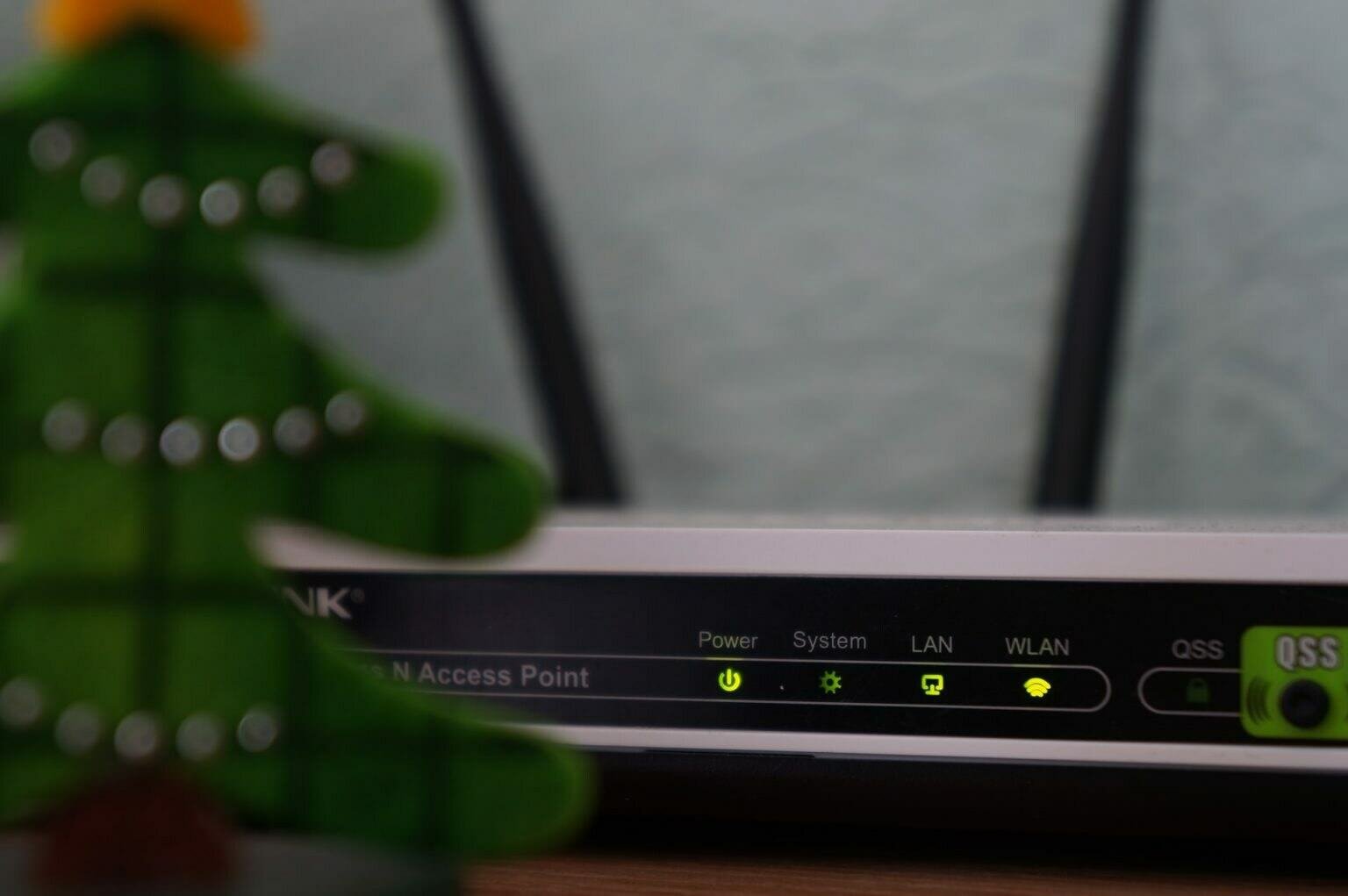We’ve all been there: You’re about to watch the dramatic finale of your favorite TV show, or download a big, important file for work. But instead of the lightning-fast speeds you’re used to, you’re forced to wait for hours before you can get what you want done. No one likes slow internet. So, to make sure you always get the speed you deserve, we want to help you understand the basics of internet speed — and specifically why WiFi is faster than mobile data.
WiFi Versus Mobile Data
If it were purely down to technical data, using 4G LTE (which most modern smartphones come with nowadays) and WiFi should have the exact same internet speed. Both have top speeds of 1000 mbps. However, it’s rare that you’ll be using either of these at those top speeds or in control conditions.
To figure out actual speeds, we need to look at the technological infrastructure, the coverage in the area, whether there’s any interference, and client usage (whether you’re moving around while using it, and how many other people are connected to the same network). With all of these factors having their own influence, it’s virtually impossible to expect WiFi and mobile internet to perform at the same level.
How can we accurately measure internet speed?
To measure internet speed, we need to look at the upload speed and download speed. Both of these speeds do what they say on the tin: They tell you how quickly data can be uploaded and downloaded respectively. For example, to stream a movie online, you need a good download speed. To share a video on YouTube, you need a good upload speed. There are other factors that can come into play, but for any casual consumer looking for solid data usage or high-speed internet, it’s simpler to judge it based on these speeds. A solid download speed for average residential customers, for example, is 100mbps. To have a truly fast connection requires both upload and download speeds to be strong so you can share lots of data and information across a single connection quickly and easily at any given time.
What makes WiFi faster than mobile data?
We’ve given ourselves away in the title that WiFi is often faster. That’s because the wireless speed, especially in a household of residential customers, has less of the influential factors at play that we listed earlier. Fiber optic internet and other connections brought to us by the latest technology supply households with the latest technological infrastructure. Internet connections that rely on these top-of-the-line routers offer much faster wireless speed than that of mobile providers. With fiber-optic networks expanding across the globe, it’s likely that you will be in the select areas that have the option for this high-speed internet.
What’s more, is when you’re at home on your own private network, you can limit the number of users to your household members with a password. When you’re surfing the internet on your mobile device, you’re sharing the network with everyone else who uses that internet provider. That level of use negatively impacts the Mbps download and Mbps upload. You’ll also end up with much higher data usage, as you stay online longer for the same amount of activity.
How do I pick the best plan for me?
Now that you know that WiFi is the way to go when it comes to speed, the next step is finding the right option for internet plans. Luckily, you can use handy tools to compare internet plans with iSelect. They will help you compare your current rate and actual speeds with various internet providers to make sure you find the best value and fastest internet connection in your service area. A good internet service is vital for a comfortable life in the modern world: Let iSelect help you do the hard work of finding the perfect internet provider.




